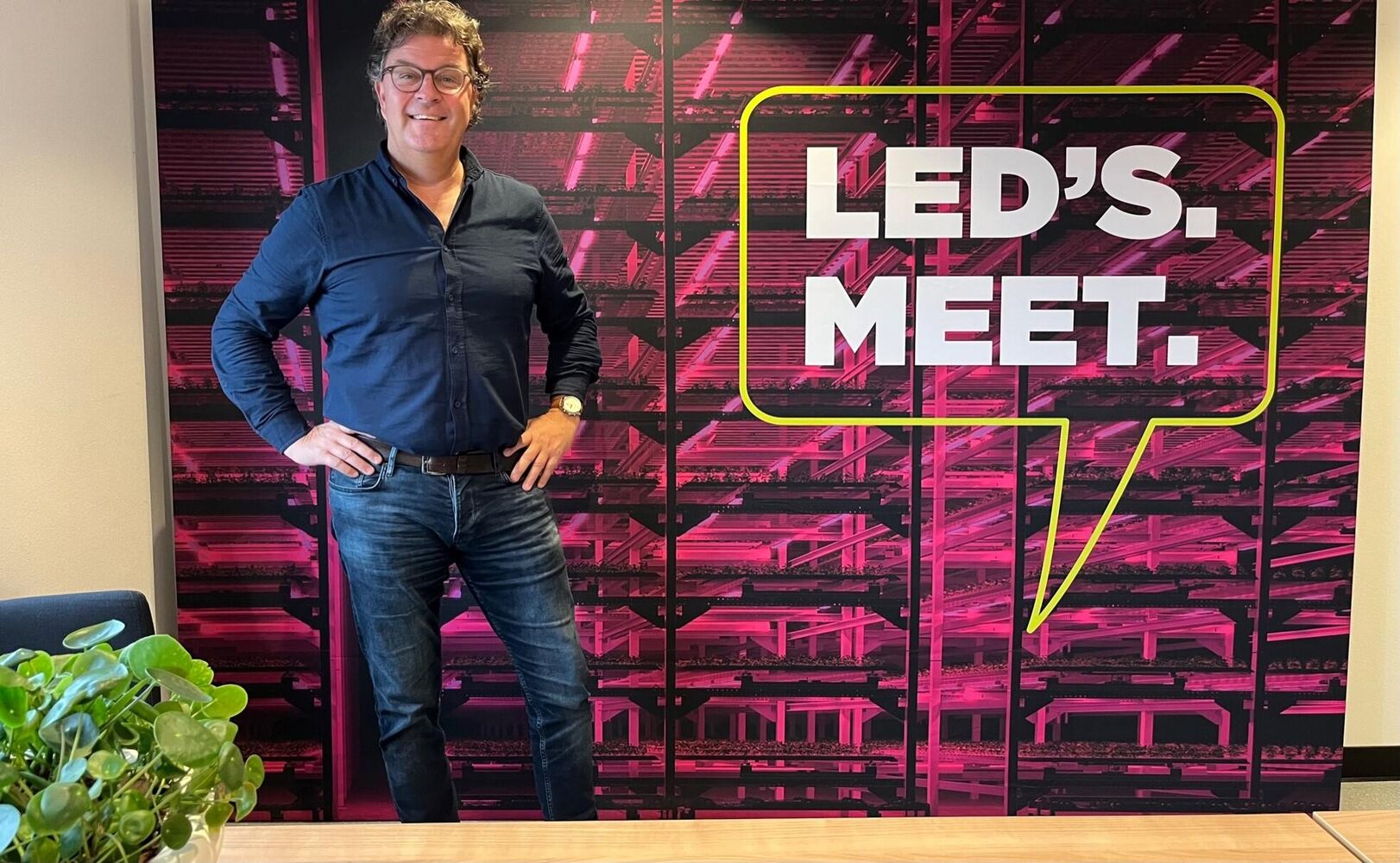News
Oreon sales manager Arnold de Kievit focuses on growth market North America
“We have a product that will matter in the coming decades, that can make a difference worldwide. Our water-cooled LED fixtures will prove to be the winning concept.” A conversation with Arnold de Kievit, international sales manager of Oreon.
How did you get to Oreon?
Before, I worked in the textile industry and mainly did business with companies in Spain and France. That involved large quantities and multinationals, but I did not find this work satisfying and the textile market was also going through a difficult time. I got to know Jan Mol (general director Oreon, ed.) about 20 years ago, along our daughters' hockey field. He offered me a job. First at Lemnis Public Lighting and then at Innolumis Public Lighting, two companies that focused on LED street lighting. I have been with Oreon for six years now, which is very nice work in a very dynamic and challenging industry. After all, when it comes to street lighting, you mainly negotiate with civil servants, now with entrepreneurs in greenhouse horticulture. That suits me better.
What exactly do you do at Oreon?
I focus on the international market, mainly the United States and Canada. I work closely with colleague Bill Whittaker, our man on site. I mainly work from the Netherlands, where I have a lot of contact with greenhouse builders, consultants, installers, dealers and other partners who are also active in North America. The Netherlands has traditionally been the most important player in greenhouse horticulture, which means that North American customers pay a lot of attention to Dutch technology and knowledge. I fly to North America once every eight weeks or so. Greenhouse horticulture is developing rapidly on both the east and west coasts. This is also shown by the increasing number of investments in new greenhouses and indoor & vertical farming. In addition, I combine customer visits with a visit to trade fairs and summits, where you also get to know the developments in the market better.
How does that work in practice?
By investing a lot of time in maintaining our relations and customers in the horticultural industry, you can map the market well. I think we know most of that market. You have to, otherwise you will be late or you will be surprised. At the moment, about 30 growers in North America have installed Oreon fixtures. At the same time, there are many in the pipeline, but these types of projects are often time-consuming. This can take from six months up to several years. This is not surprising, after all, these are capital-intensive goods that require significant investments.
What does the US market look like?
As for Oreon's LED fixtures, the focus in North America is mainly on fruit and vegetable growing, and cannabis. In general, especially crops that need quite a bit of light. More and more states are legalizing cannabis cultivation, we are now waiting for federal legalization, then the market will become much bigger. Cannabis needs a lot of light and therefore grows very well under our LED lights. The big advantage of water-cooled LED fixtures when lighting cannabis, is that you need significantly fewer lamps to achieve the same or a better result.
In addition, in North America there is an increasing need for fresh and locally grown food, which is one of the reasons the demand for growing in a controlled environment is increasing. Especially in greenhouses, but also increasingly in indoor cultivation such as vertical and urban farming. The possibilities are great and promising.
What does the future of that market look like?
The future of horticulture is growing in a controlled environment, or 'Controlled-Environment Agriculture' (CEA). The food need is increasing all over the world and with CEA you can meet this well. It also contributes to making the food supply more sustainable. We are at the forefront of this development with our water-cooled fixtures, the market is innovative and interesting for investors. Water cooling technology has proven itself time and again in recent years and Oreon has already highlighted countless projects in these crops, from Europe to Japan and from Australia to North America. The trick is not to sit still, to continue to develop in order to maintain our lead and I am happy to contribute to that.
